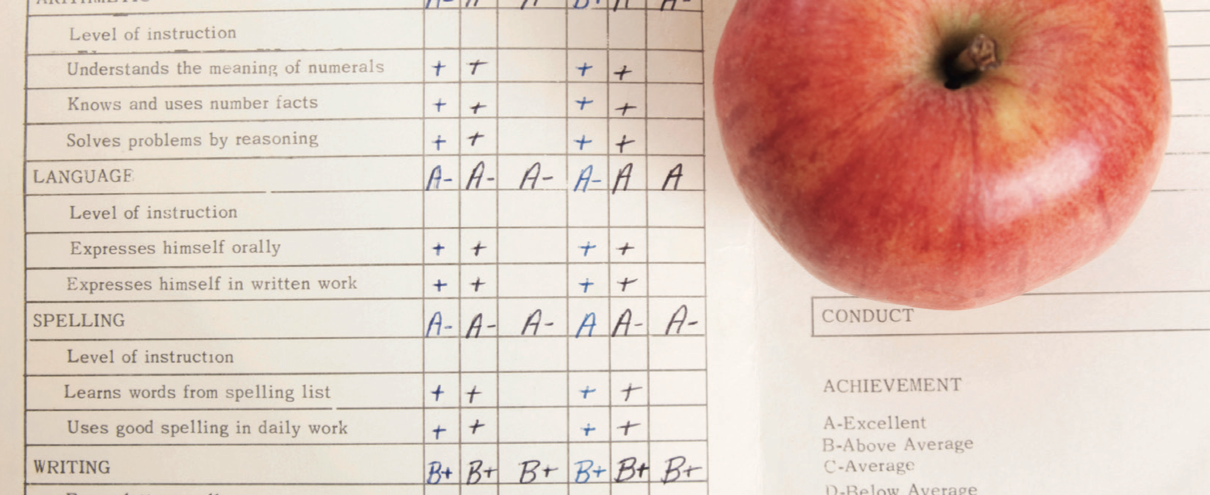General practice is great value for money but you wouldn't think so ireading the Productivity Commission's report
General practice provides incredibly good value for money but you wouldn’t think so if you read the Productivity Commission report last week, says a leading GP.
The reported fee-for-service of $328 per person per year also included the cost of Medicare Local services “who funded everything but general practice”, said GP Dr Bastian Seidel, Clinical Professor at the University of Tasmania.
Given that the actual MBS cost of general practice was only $250 per person per year, Dr Seidel questioned where the rest of the money had gone. “What have they done with all the cash? Suddenly we are responsible for the cost of the Medicare Locals?
“It would have been nice for the Productivity Commission to make a comment on that and why we GPs are now footing the bill,” said Professor Seidel.
As a measure of the bang for the buck of general practice, Professor Seidel pointed to figures in the report showing a 28% decline in myocardial infarctions in the non-indigenous population in the six years to 2013.
“If we are reducing new occurrences we must be doing something right in prevention,” said Professor Seidel. “That’s thanks to all the GPs who are asking patients to come back on a regular basis to check blood pressure, blood sugar and lifestyle and so on.”
And while there were 2.8 million “GP-type presentations” to public hospital emergency departments in 2014-2015, Professor Seidel said general practice could deal with these with a lower burden to the taxpayer.
“We know our patient’s history, so we don’t need to spend half an hour asking about allergies or whatever. But the MBS rebate for treating a laceration in the hospital setting is four times higher to do the same job,” he said. “The suture material I have to buy is the same as the one they buy in hospital, so why would there be a different rebate?”
The Productivity Commission also reported that 5% of people surveyed had deferred a GP visit or abandoned it because of cost. This was surprising, given than 85% of GP visits were bulk billed, said Professor Seidel, but one possible explanation was the cost of after-hours care.
“The vast majority of practices who are open on weekends and after hours, probably won’t be able to bulk bill during those periods because of extra staff wages. Those additional private fees may become prohibitive for some users,” said Professor Seidel.
Australia spent 9.8% of its GDP on health care, according to the Productivity Commission report. This was about average for OECD countries, though our health outcomes were in the top third, said Professor Seidel.
“There are a lot of OECD countries out there who would love to swap with us. We should be positive about the figures, but not complacent.
“And a [real] increase in spending of 1% GDP over 10 years is a very gentle rise. There’s hardly any other service or industry where you could get improved outcomes and pay the same for it.”
Professor Seidel called for the depoliticisation of health policy as gross experimental changes were not needed. “We don’t’ shake up the legal system every few years when somebody new comes in, so why we need to do this for health care is beyond me,” he said.
But Professor Seidel’s biggest gripe with the report was that none of the data in the recent report were new. “One of the questions I would have is, how productive is the Productivity Commission if they are just copying and pasting from one government document to another? They didn’t even bother changing the colour of the tables.”


